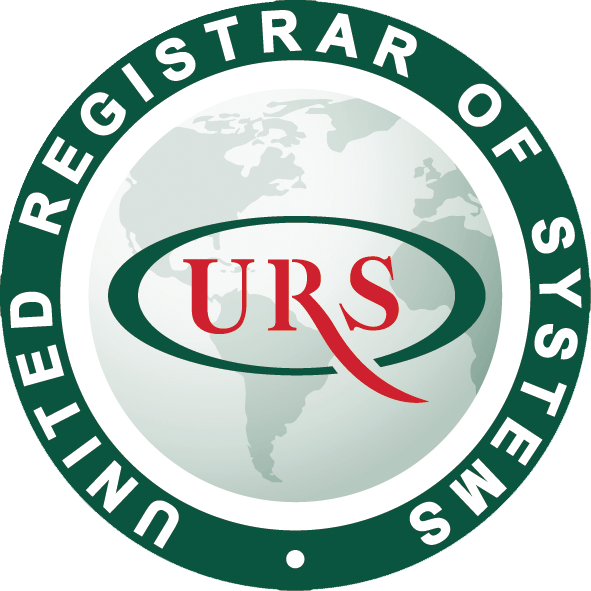ISO 22000 is a standard developed by the International Organization for Standardization (ISO) that sets out the requirements for a food safety management system (FSMS). The goal of ISO 22000 is to ensure the safety of the food supply chain from farm to fork. It provides a framework for organizations involved in the food industry to identify and control food safety hazards, ensuring that food is safe for consumption. Achieving Food Safety Management System certification can bring various benefits to organizations, including enhanced food safety, improved stakeholder confidence, compliance with legal and regulatory requirements, access to new markets, and overall operational efficiency.

The Benefits of ISO 22000 to the Food Industry
Enhanced Food Safety: ISO 22000 provides a systematic and comprehensive approach to identifying and controlling food safety hazards throughout the entire food supply chain. Implementing the standard helps ensure the production of safe and wholesome food products.
Global Recognition: ISO 22000 is an internationally recognized standard. Achieving certification can enhance the global reputation of a food business, making it easier to enter new markets and engage with international trade partners.
Compliance with Legal and Regulatory Requirements: ISO 22000 helps organizations stay in compliance with various legal and regulatory requirements related to food safety. This is particularly important as food safety regulations can vary between countries and regions.
Integration with Other Management Systems: ISO 22000 follows the High-Level Structure (HLS), making it compatible with other management system standards such as ISO 9001 (Quality Management) and ISO 14001 (Environmental Management). This facilitates the integration of multiple management systems for a more streamlined and cohesive approach to organizational management.
Risk Management: The Hazard Analysis and Critical Control Points (HACCP) principles embedded in ISO 22000 assist organizations in identifying, assessing, and managing risks associated with food safety. This proactive approach helps prevent food safety incidents.
Continuous Improvement: ISO 22000 follows the Plan-Do-Check-Act (PDCA) cycle, encouraging organizations to continually assess and improve their food safety management system. This fosters a culture of continuous improvement and adaptability.
Supply Chain Confidence: ISO 22000 not only focuses on an organization’s internal processes but also considers the entire food supply chain. This can lead to increased confidence among suppliers, customers, and other partners in the reliability and safety of the entire supply chain.
Reduction in Foodborne Incidents: By systematically addressing and controlling potential hazards, ISO 22000 Certification helps reduce the likelihood of foodborne illnesses and incidents. This is critical for protecting public health and maintaining the integrity of the food industry.
Implementing a comprehensive food safety management system is crucial for organizations in the food industry to not only meet regulatory requirements but also to build consumer trust and safeguard public health. The choice of specific standards or frameworks (such as ISO 22000) may depend on the organization’s size, nature of operations, and market requirements.

